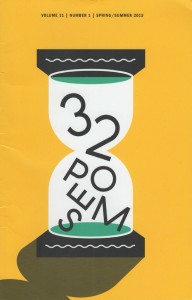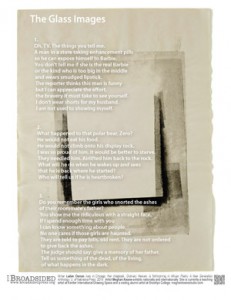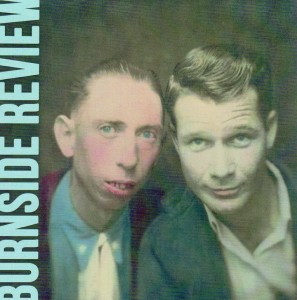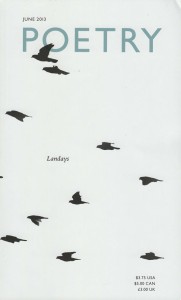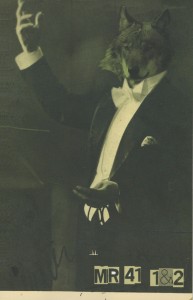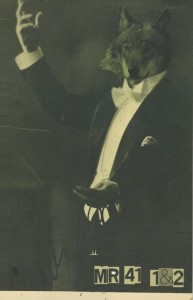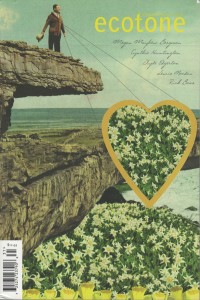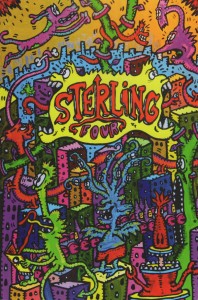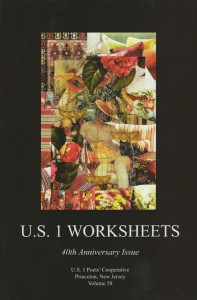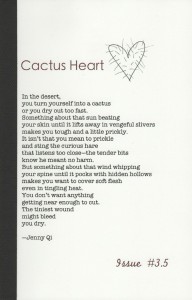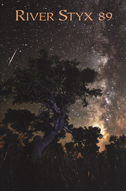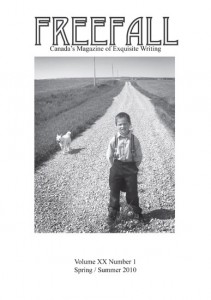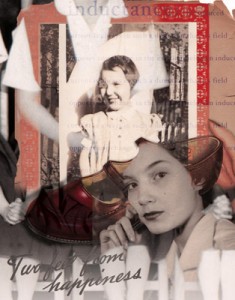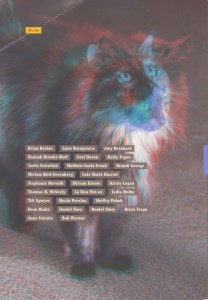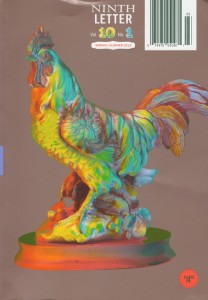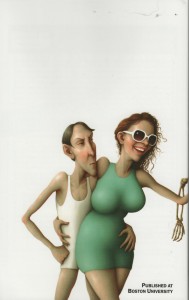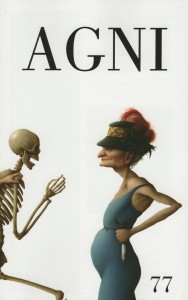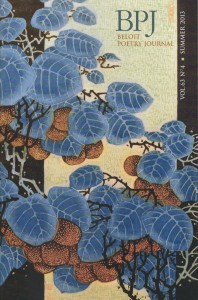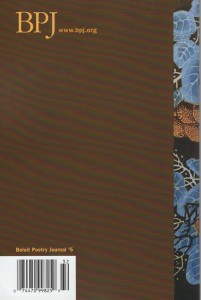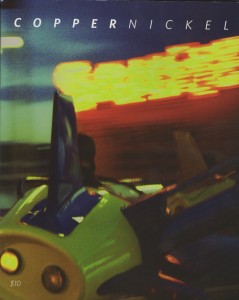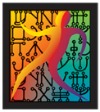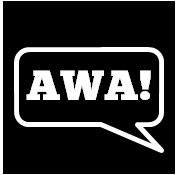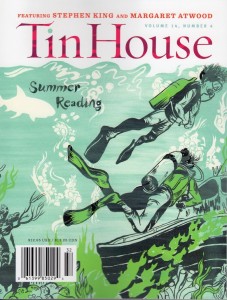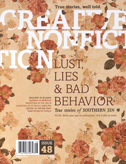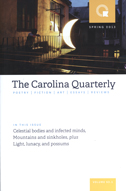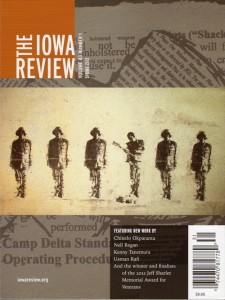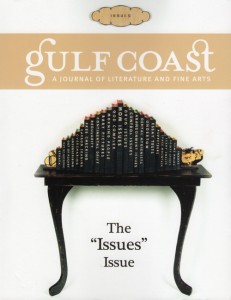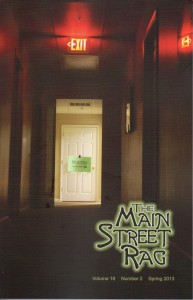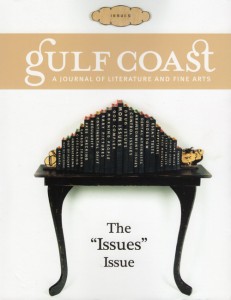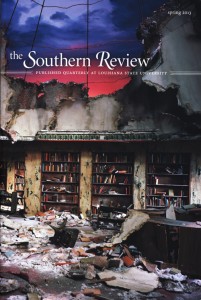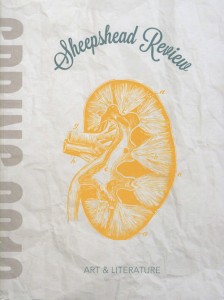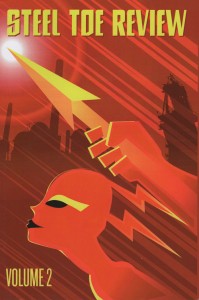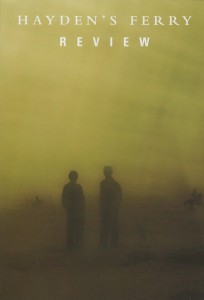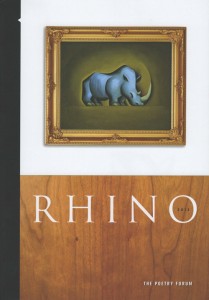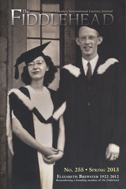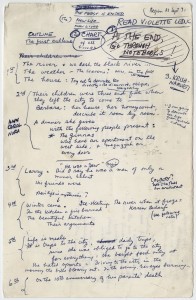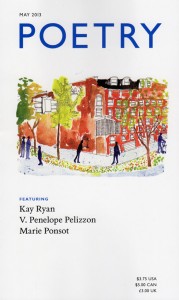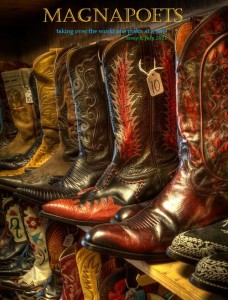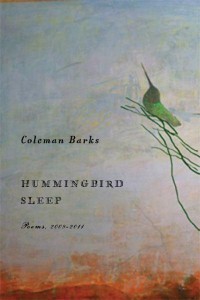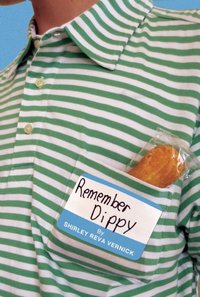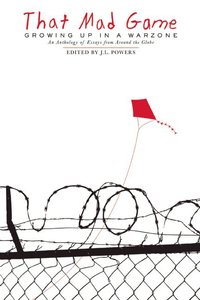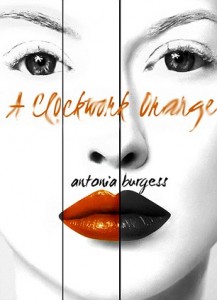The Atlas Review, a new biannual print journal, has a mission “to extend aesthetic qualities/dilemmas beyond a few communities and into the open air of all voices.” Editor Natalie Eilbert says: “It is our hope that through our anonymous submission system, we can graph a new geography of writers and artists, from Idaho to the Philippines.”
Along with Eilbert, Editors Jillian Kuzma and Dolan Morgan publish poetry, fiction, nonfiction, interviews, and art in the issues. Eilbert says that you can expect to find writers that you can both recognize and admire, noting that you can find interviews with the likes of George Saunders, Amelia Gray, and C. D. Wright.
With a desire to engage as many communities as possible, Atlas Review only accepts submission anonymously. They do, however, also solicit pieces from bigger names to draw a wider audience for readership. “We like the energy this creates,” says Eilbert. “We’d like to think of the magazine as one especially for writers (as if there exists a lit mag whose audience is not writers) by writing letters to our accepted authors articulating just why we were drawn to their submission, being active editors in pieces we enjoy, writing letters of encouragement to writers we find striking but whom we are unable to take in a given reading period, and finding as many opportunities to get our writers involved in reading events, their own communities (we ask, for example, in what bookstores our writers would like to see their work featured), and even the magazine itself (we have “guest readers” for each reading period, former contributors interested in vetting submissions).”
The first issue features poetry by Eileen Myles, Caitlin Dube, Michael Simon, Christopher DeWeese, Justin Boening, Patrick Gaughan, Anna Journey, Joe Hall, Ken L. Walker, Cori A. Winrock, Marci Vogel, Safiya Sinclair, Robert Ostrom, Kathleen Ossip, Brandon Kreitler, Meg Day, Matthew Zingg, Rachel Carstens, and Russ Woods; fiction by Jacob Mercer, Catherine Lacey, Judy Caldwell-Midero, Jon Steinhagen, and Sam Allingham; art by David Michael Schmidt, Bianca Stone, Jenny Harp, Noah and Nathan Rice, Kristof Didrickson, Roxy Drew, and Brett Rees; and an interview with George Saunders.
Right now, the editors are eagerly working on issue 2 as well as some new developments they can’t quite reveal yet. “We’ve got a whole lot of plans for reading events this summer which we cannot wait to declare—like, seriously big plans ahead there and we’re gripping our seats to tell you but must hold on!” Issue 2 will feature work by Italian writer Gabriella Ambrosio (translated by Alastair McEwan), Mike Meginnis, Camille Rankine, Rachel Glaser, Mr. Fish, and interviews with C. D. Wright and Amelia Gray.
Atlas Review accepts submissions through submittable but asks that you remain completely anonymous. Do not include your name or “identity-revealing information” anywhere in your submission. However, they do not have an open submission period at the moment.

